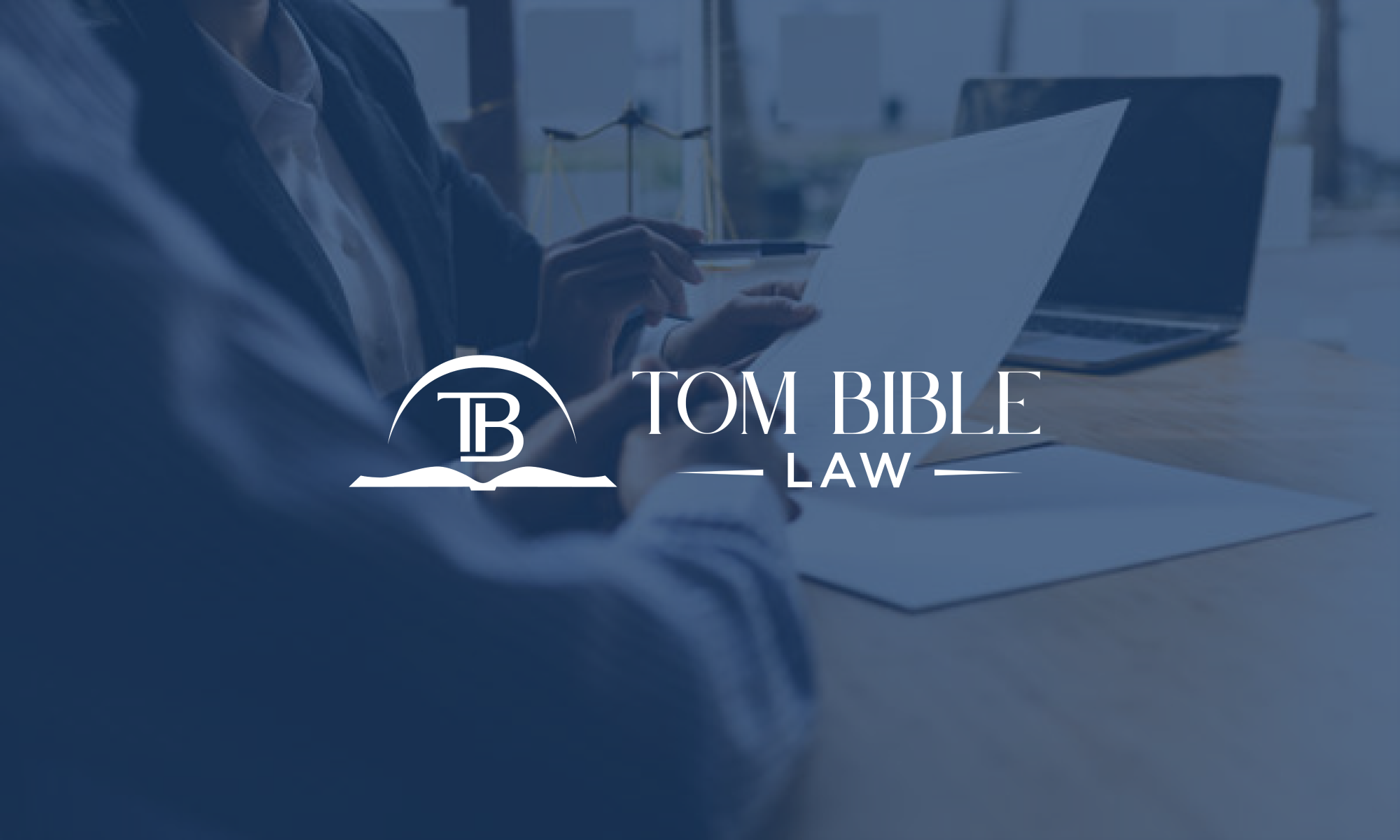Wage garnishment can be a stressful and financially crippling experience, leaving many individuals feeling helpless as a portion of their hard-earned income is redirected to creditors. Understanding how wage garnishment works and how bankruptcy can offer relief is crucial for anyone facing this financial hardship.
What is Wage Garnishment?
Wage garnishment is a legal procedure in which a court orders an employer to withhold a certain percentage of an employee’s wages to pay off a debt. Common reasons for wage garnishment include unpaid taxes, child support, student loans, and outstanding credit card or medical bills. The amount that can be garnished from your wages depends on federal and state laws, but it typically ranges from 10% to 25% of your disposable income.
How Wage Garnishment Works
-
Court Order: The process begins when a creditor files a lawsuit against you for non-payment of a debt. If the court rules in favor of the creditor, it will issue a garnishment order.
-
Employer Notification: The court sends the garnishment order to your employer, instructing them to withhold a specified amount from your paycheck.
-
Wage Withholding: Your employer deducts the garnished amount from your wages and sends it directly to the creditor until the debt is paid off or the garnishment is otherwise resolved.
The Impact of Wage Garnishment
Wage garnishment can have severe financial repercussions, including:
-
Reduced Income: The immediate reduction in take-home pay can make it difficult to cover essential living expenses, such as rent, utilities, and groceries.
-
Credit Damage: Having a garnishment on your record can negatively impact your credit score, making it harder to obtain loans or credit in the future.
-
Emotional Stress: The financial strain and stigma associated with wage garnishment can lead to significant emotional and psychological stress.
How Bankruptcy Can Help
Bankruptcy can provide a viable solution to stop wage garnishment and help you regain financial stability. There are two main types of bankruptcy that individuals can file: Chapter 7 and Chapter 13.
Chapter 7 Bankruptcy
Chapter 7 bankruptcy, also known as liquidation bankruptcy, involves the sale of non-exempt assets to pay off creditors. It is a quick process, typically lasting three to six months. Once you file for Chapter 7 bankruptcy:
-
Automatic Stay: The court issues an automatic stay, which immediately stops most wage garnishments, as well as other collection actions, such as phone calls and lawsuits.
-
Discharge of Debts: If your debts are discharged at the end of the process, you are no longer legally required to pay them, effectively eliminating the garnishment.
Chapter 13 Bankruptcy
Chapter 13 bankruptcy, also known as reorganization bankruptcy, involves creating a repayment plan to pay off debts over three to five years. This type of bankruptcy is suitable for individuals with a steady income who can afford to repay a portion of their debts.
-
Automatic Stay: Like Chapter 7, filing for Chapter 13 bankruptcy initiates an automatic stay, halting wage garnishments.
-
Repayment Plan: You propose a repayment plan to the court, which, if approved, allows you to repay your debts over time while retaining your assets. Garnished wages may be factored into this plan, potentially reducing the amount you owe each month.
Benefits of Bankruptcy
-
Immediate Relief: The automatic stay provides immediate relief from wage garnishment and other collection activities.
-
Debt Discharge: Bankruptcy can discharge many types of unsecured debts, giving you a fresh financial start.
-
Asset Protection: Bankruptcy exemptions may allow you to keep certain assets, such as your home and car, depending on the type of bankruptcy filed.
Wage garnishment can severely impact your financial well-being, but understanding your options, including filing for bankruptcy, can help you take control of your financial future. Consulting with a knowledgeable bankruptcy attorney can provide you with the guidance and support needed to navigate this complex process and achieve the best possible outcome. If you are facing wage garnishment, don’t wait—seek professional advice to explore your options and protect your financial health.
Contact Tom Bible Law Today
Facing wage garnishment or overwhelming debt in Chattanooga? Our experienced bankruptcy lawyers can help you find relief and regain financial stability. Contact us today for a free consultation to discuss your options, including Chapter 7 and Chapter 13 bankruptcy. Take the first step towards a debt-free future.


